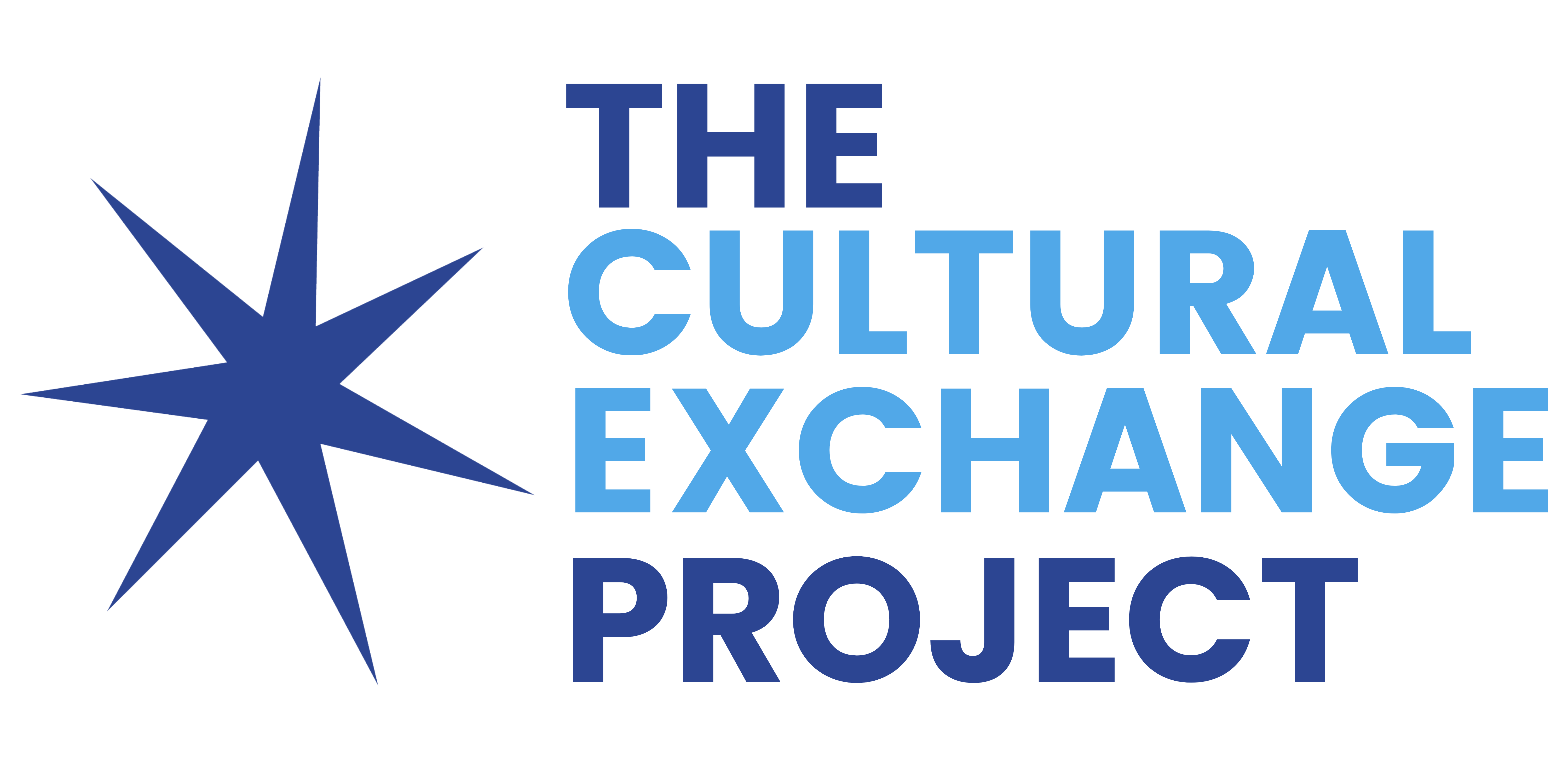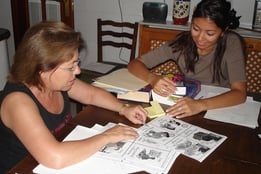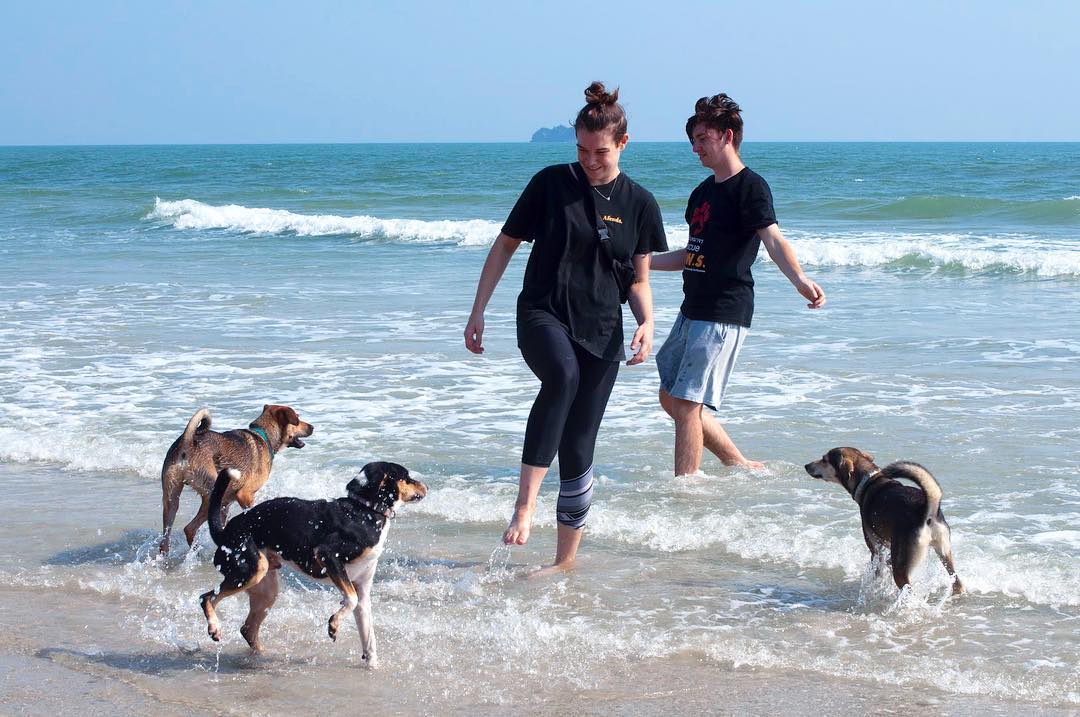Travel To Vietnam And Become An English Teacher
We have teaching jobs right now in Vietnam looking for amazing teachers like you.
Overview
Vietnam is emerging as one of the most popular destinations to teach in Asia. Vietnam offers high wages, comprehensive training and professional development opportunities, high-tech school facilities, and overall well-structured and supportive workplaces. There is a huge demand for native English speakers to teach in Vietnam alongside Vietnamese teaching assistants. We assist with training and qualifying teachers to thrive in Vietnamese schools. We then assist teachers with navigating the numerous school options to find a reliable placement with a reputable school that will be the best fit for the candidate.
Teaching in Vietnam is an amazing opportunity to explore an exotic and culturally rich country that is growing rapidly, yet still maintains many of its ancient customs and landscapes. Participants will teach throughout the country in a variety of different urban and smaller town environments in well-equipped private language schools or in public schools.
From innumerable rice paddies and the Mekong river delta in the south to the highlands and beach resorts of central Vietnam, and the French colonial architecture and diverse cuisine of northern Vietnam, there is so much to see, do, and taste, in this wonderfully diverse country.
Fees
- $1,409 includes all services and benefits below plus a week of orientation (accommodation included).
- $2,249 includes all services and benefits below plus a 30-day in-class TESOL course, orientation, and practice teaching. Accommodation included.
- Pay with Klarna and set up weekly or monthly payments.
- Or pay a $350 deposit, a $500 placement fee when you're accepted, and then a final amount of $559 for placement only or a final amount of $1,399 for placement and in-country TESOL, 60-days before departure.
Included
- An experienced U.S.-based Cultural Exchange Project Manager who will serve as your coordinator and liaison with our in-country staff in Vietnam.
- Professional, locally-based staff to provide online orientation, supervision, and guidance throughout your stay.
- Airport Pickup (provided applicants land within four days of start date).
- One week of in-country orientation before you start your teaching job with some tours and practice teaching included. We pay for the week of accommodation.
- If you choose to receive your TESOL in Vietnam, the fee includes your TESOL Certification, 1 week of orientation and practice teaching, and your month of accommodation.
- Important documents, including in-depth pre-departure packs, orientation information, and all in-country informational materials.
- Visa guidance ahead of arrival, as well as work permit guidance while in Vietnam.
Not Included
- Flights.
- Visa.
- Meals.
- International insurance.
- Accommodation after the TESOL course. Once placed we can help you find suitable accommodation.
- Any sort of financial assistance.
- Entertainment.
- Day-to-day transport (including to job interviews and to TESOL course location).
- Medical Insurance (we require that all participants arrive on the program able to demonstrate current medical insurance coverage).
What You Will Earn
- Salary range of $1,200 to $2,000 USD per month (before 10-15% tax)
- There is typically ample opportunity for picking up extra hours for overtime, which can increase wages.
- Work permit cost is typically paid for by the school but not in all cases. This would be for one year or nine-month public school contacts.
Requirements And Qualifications
| Item | Required | Notes |
|---|---|---|
Intake Dates |
2023 February 20May 1 May 29 July 24 August 21 November 27 |
Applicants are accepted at all times of year on a rolling basis. However, the recruitment focus is from the months of April through December, with the busiest times being June through September. The best months to come over are June, July, and August, as it is the peak time of year for recruitment across all schools, there are also a lot of public-school positions to fill during this time due to it being around the start of the school year. January and February are not considered good months to start teaching in Vietnam due to the Vietnam New Year (Tet), when parents tend to conserve their budgets and private school enrollments are typically very low. |
Accent |
Applicants must be fluent in English and have a clear native-speaking accent. They don’t necessarily have to be native speakers, but native speakers are preferred. |
Other requirements for non-native English speakers include:
|
Age |
21-50 |
|
Teaching Appearance |
Smart casual |
Typically collar shirts for men and conservative dress for women. |
Background check |
No criminal record (with the exception of traffic or other minor violations) |
|
Commitment length |
Full Year, Public School Year for 9 months, 4-month short contract. |
|
Couples friends traveling together |
We will aim to place them together but they should be flexible on placement type |
We have been able to facilitate couples living together in the same location. We will work with candidates to find a placement option that will work for them to stay together. If two in-person placements close to each other aren’t available then we would endeavor to place either both or one person in an online role where they can work remotely and choose where to live so they can stay together even if their friend/partner has a fixed location at a local academy. |
Medical |
Good mental and physical health. |
In order to get a work permit, a health check is required once in-country. It consists of a chest x-ray, giving a blood and urine sample, an eye exam, and a general check-up (blood pressure, etc.). |
Educational Qualifications |
Applicants must possess at least a bachelor’s degree or equivalent. The degree certificate must have the word ‘Bachelor’ written on it. The degree doesn’t necessarily have to be from a native English-speaking country, but you must be able to get it legalized. |
Using a Master’s Degree is also acceptable but it must also say Masters on it. |
Working Hours |
Approximately 18-20 teaching hours per week, these will mainly be evenings and weekends if placed at a language center. |
|
TESOL |
Minimum of a 120-hour online or in-class TEFL or TESOL certification. Online certificates can be accepted, but the candidate must commit to at least a 6-month contract and must be flexible in terms of location and placement preferences. Online certificates that say “online” on them cannot be accepted. If there is an in-class component to the course, there may be more flexibility in placement location. |
The most ideal online TESOL certificate holder is one that has one or more years of teaching experience already, as they will have the most options in terms of placement. |








